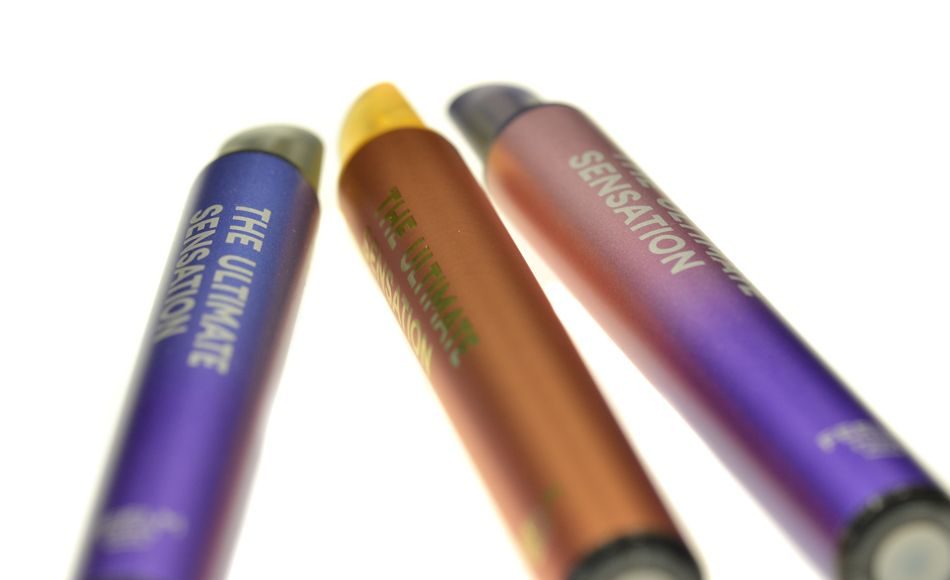Belgium is set to become the first EU country to prohibit the sale of disposable vapes starting from January 1, 2025. On announcing the measure, Federal Health Minister Frank Vandenbroucke said that disposables have a negative impact on both the environment, and society, particularly young people.
Vandenbroucke said that despite existing bans on selling vapes to minors, marketing strategies for these products remain youth-oriented, leading to widespread youth usage. Approval from the European Commission (EC) for the ban marks a significant step in Belgium’s efforts to reduce youth exposure to risky substances, and the Health Minister emphasized Belgium’s commitment to creating a smoke-free generation and protecting young people from the allure of tobacco and similar products.
While non-disposable vapes will still be permitted for smoking cessation purposes, measures will be implemented to prevent them from being marketed in a way that attracts young users.
France seeks approval for its own disposables’ ban
Now awaiting validation from the EU Commission, Health Minister Catherine Vautrin promptly urged the Commission to affirm France’s decision, emphasizing the ongoing fight against smoking. Experts in the field would argue that given the EC’s harsh stance against vaping products and other safer nicotine alternatives, its approval of France’s request is non-disputable.
Reiterating Belgium’s arguments, Health Minister Catherine Vautrin said disposable vapes are detrimental to the environment, society, and health, during the Senate session in February. She highlighted the marketing tactics targeting young people with enticing flavours and designs, and alleged that some of the devices contain as much nicotine as 18 packs of cigarettes. She referred to a report by the French Monitoring Centre for Drugs and Drug Addiction which reported a threefold increase in teenage use of electronic cigarettes, including disposables, or ‘puffs’ as they are known in France, between 2017 and 2022.
New Zealand’s measure
Similarly, on the other side of the globe, New Zealand has announced plans to ban disposables and increase penalties for selling these products to minors. Associate Health Minister Casey Costello stated that while vapes are recognized as effective smoking cessation aids, the surge in youth vaping rates is concerning.
The decision follows the repeal of the tobacco generational ban introduced under the previous Jacinda Ardern-led government, which would have banned cigarette sales to anyone born after 2008 as of next year. Costello emphasized the need to address the rapid increase in youth vaping, which has raised alarms among parents, educators, and health professionals.
New Zealand’s new measures which include an age limit for purchasing vapes, as well as a ban on the sale of e-cigarettes with imagery or names that may appeal to young people, aim to strike a balance between supporting smoking cessation efforts and safeguarding young people from nicotine addiction.
What is wrong with such bans?
However, experts in the field have consistently voiced their concern on disposable vapes’ bans, describing them as misguided policies that may harm public health efforts and worsen health inequalities. When earlier this year, the UK shocked THR experts by announcing such a measure, Director of the WVA (World Vapers Alliance) Michael Landl, , warned that banning disposables could drive current vapers back to more harmful smoking habits or towards the black market, jeopardizing the health of millions.
In line with this, research from UCL and King’s College London suggests that the UK ban could impact approximately 2.6 million people, slowing the decline in smoking prevalence and disproportionately affecting disadvantaged groups. To this effect, this ban is seen as counterproductive, restricting access to a crucial tool for smokers transitioning to safer alternatives.
Tobacco harm reduction experts have consistently highlighted that the cheap and non-committal nature of disposable vapes makes them an easy entry point for smokers who are curious about vaping, but are perhaps still not sure enough to spend money on a starter kit. To this effect, they suggest having the products available for adult smokers and setting in place and enforcing strict age restrictions to prevent access to minors.
Are The Alarmist Headlines About Disposable Vapes Justified? We Asked The Experts












